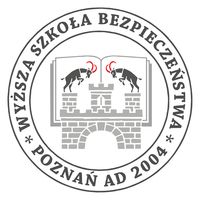Childhood
Childhood is the age span ranging from birth to adolescence. According to Piaget's theory of cognitive development, childhood consists of two stages: preoperational stage and concrete operational stage. In developmental psychology, childhood is divided up into the developmental stages of toddlerhood (learning to walk), early childhood (play age), middle childhood (school age), and adolescence (puberty through post-puberty). Various childhood factors could affect a person's attitude formation.
Early Childhood
Early childhood is a stage in human development. It generally includes toddlerhood and some time afterwards. Play age is an unspecific designation approximately within the scope of early childhood. Some age-related development periods and examples of defined intervals are: newborn (ages 0–5 weeks); infant (ages 5 weeks – 1 year); toddler (ages 1–3 years); preschooler (ages 3–5 years); school-aged child (ages 6–11); adolescent (ages 12–17).
Education
Education is the process of facilitating learning, or the acquisition of knowledge, skills, values, beliefs, and habits. Educational methods include storytelling, discussion, teaching, training, and directed research. Education frequently takes place under the guidance of educators, but learners may also educate themselves. Education can take place in formal or informal settings and any experience that has a formative effect on the way one thinks, feels, or acts may be considered educational. The methodology of teaching is called pedagogy.
Language
Language is a system that consists of the development, acquisition, maintenance and use of complex systems of communication, particularly the human ability to do so; and a language is any specific example of such a system.
Language
The only thing in life is language. Not love. Not anything else.
Richard Burton as quoted by Melvyn Bragg in Richard Burton: A Life (1988)
Childhood
Your children were vexation to your youth,
But mine shall be a comfort to your age.
William Shakespeare, Richard III (c. 1591), Act IV, scene 4, line 305.
Education
Man must develop his tendency towards the good.
Immanuel Kant, Thoughts on Education, #12

